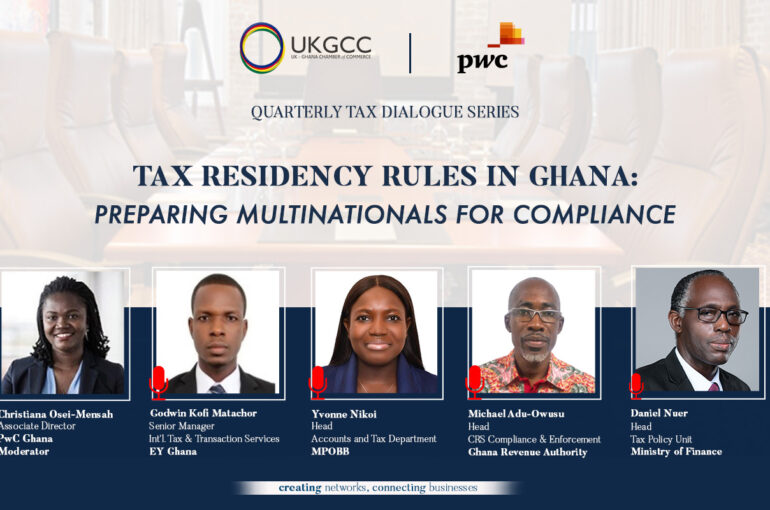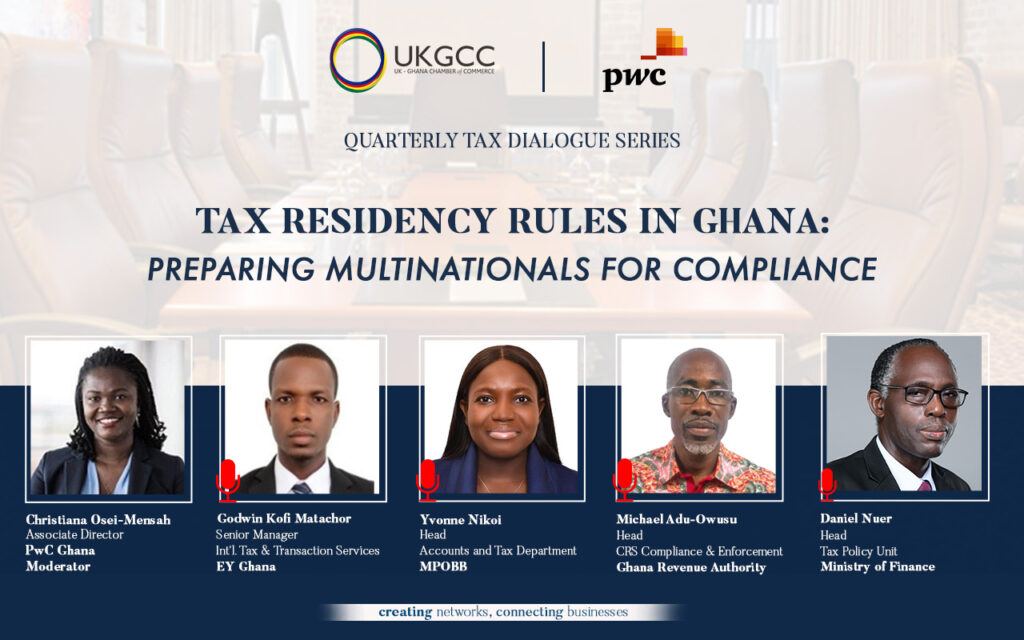Ghana to expand Double Taxation Agreement portfolio
Ghana to expand Double Taxation Agreement portfolio


Daniel Nuer, Head of the Tax Policy Unit at the Ministry of Finance, Ghana, has revealed that the Ministry of Finance is working on about 22 more Double Taxation Agreements in addition to the 14 currently being enforced in Ghana. Negotiations of some of the outstanding DTAs commenced over a decade ago but either stalled or lapsed.
According to Mr. Nuer, six of the agreements are pending Cabinet approval, five are at various stages of negotiation, while negotiations on five more have been concluded but are yet to be signed.
Furthermore, while discussions have begun on three others, three more are being renegotiated.
“We are renegotiating them because although they were negotiated a while back – some more than 20 years ago, they were not submitted for approval and ratification. Things have changed then, such as revisions to the Ghana Model and changes in the international tax architecture thus the need to renegotiate them and bring them up to date”, he remarked during a UK-Ghana Chamber of Commerce (UKGCC) and PwC Ghana webinar on Tax Residency Rules in Ghana: Preparing Multinationals for Compliance”.
These treaties, once they come into force, will provide relief from double taxation, review the rates for passive incomes that would be subject to tax in both jurisdictions, determine the taxing rights for operation of ships or aircrafts in international traffic, and provide access to a Mutual Agreement Procedure (MAP) for dispute resolution among others.
However, for a person to benefit from these treaty agreements, the person must be a resident of Ghana, a resident of the treaty partner, or both; be a beneficial owner of the income, and meet any limitation of Benefits (LOB) or Entitlement to Benefits provisions contained in the treaty, where applicable.
Defining Ghana’s Corporate Tax Residency Rules
Tax residency is an important aspect of taxation for both individuals and entities, determining which country has the right to tax individuals’ world-wide income.
In Ghana, the Income Tax Act 2015 (Act 896) imposes taxes on the total income of ‘Resident Person(s), including companies, from all sources (domestic and foreign).
According to Michael Adu-Owusu, the Head – CRS Compliance & Enforcement at Exchange of Information (EOI) at the Ghana Revenue Authority, a ‘company’ is one that is incorporated under the laws of Ghana (Companies Act 2019 (Act 992), or with the management and control of its affairs being exercised in Ghana at any time during the year.
Where a company has a branch, office or specific agent in Ghana, it automatically establishes a ‘Permanent Establishment’ (PE) and is expected to file its taxes and returns in Ghana just like any other entity.
“So, the extent that this rule apples, the entity will be considered to have a PE and the tax rule will apply accordingly’, Mr. Adu-Owusu said.
A company may also be deemed taxable based on its Place of Effective Management (PoEM). PoEM is the place where key management decisions that are necessary for the conduct of the entity’s business as a whole are in substance, made.
Some factors to be considered in determining PoEM include the place where the CEO and other senior executives usually carry on their activities.
Tax Residency Status and Challenges with Compliance
A company operating in Ghana can fall between a PE and a PoEM. This can lead to challenges complying with the tax laws.
For instance, Godwin Kofi Matachor, a Senior Manager in International Tax and Transaction Services with EY Ghana and a speaker during the webinar, highlighted that it is often challenging to properly label foreign companies who only set up liaison offices in Ghana, in lieu of manufacturing or providing any service. This makes their tax obligations as either PE or PoEM difficult to determine.
Mr. Nuer, in response, urged taxpayers to consult the Commissioner General of the GRA to determine their status.
“It is always important to talk to the GRA. Once your concerns get to the GRA, there are several tests that would be applied and if it is determined, for instance, that you are a PE, the company would have to file a return and make some payments”.
Mr. Nuer stressed further that, “Your residency determines how you are taxed. It doesn’t change your liability to tax. That is why, if there Is a dispute, we use the MAP to determine where you should pay the tax”.
However, in the absence of a Double Taxation treaty, a foreign tax credit system (FTC) is used. FTCs, Mr. Nuer said, address double taxation Issues in the absence of a treaty.
Resolving International Tax Issues
Mr. Nuer revealed that the UN is currently in the process of developing a framework convention on international tax cooperation, as well as the establishment of underpinning protocols to operationalise it.
Mr. Nuer was optimistic that “In the next few years after these things are completed, we will get a good idea of what to do”.
He expects that the revised convention will standardise existing international tax rules to enable multinationals easily comply with them.
“We expect to have one set of rules. Ghana will not have a different set of rules different from the UK or the USA. There will be generally some balance in the rules so multinationals can engage comfortably with the Ghana or any other jurisdiction”, Mr. Nuer said.
The Way Forward
Mr. Nuer indicated that there are generally two models that countries choose from; the OECD model which is geared more towards developed countries and the UN model which leans more to developing countries. The African Tax administrators Forum (ATAF) has also developed a model. Ghana, however, has a hybrid model and he advised taxpayers seeking further education on DTAs and their commentaries to consult the UN Model Convention.
“We have departed from what the Organisation for Economic Co-operation and Development (OECD) uses. Even though we use a hybrid model, ours is closer to that provided by the UN”, he said.
To be generally compliant with Ghana’s corporate tax laws, Mr. Nuer further advised non-resident taxpayers to contact the GRA’s Client Service Unit. To a question about registration and how to use the taxpayer portal by a registered VAT trader, he indicated “If you’ve been registered for VAT, then it means that automatically, you have a TIN and can therefore use the GRA web portal”, he said.
Mr. Adu-Owusu added that the “GRA’s Client Service is on hand to assist, whether it is IT related, legislation, misunderstanding, or whatever the issue is, it will be duly addressed for you to conveniently comply with the laws and pay your taxes”.
The webinar, moderated by PwC Ghana’s Christiana Osei-Mensah, discussed a range of related topics including the payment of final withholding taxes in non-resident cases, DTA tax rates, how to access DTA treaty benefits, and how a change in residency status affects tax obligations and compliance.
Yvonne Nikoi, Head of the Accounting and Taxation Department of Minkah-Premo, Osei-Bonsu, Bruce-Cathline and Partners (MPOBB), also spoke during the event.



